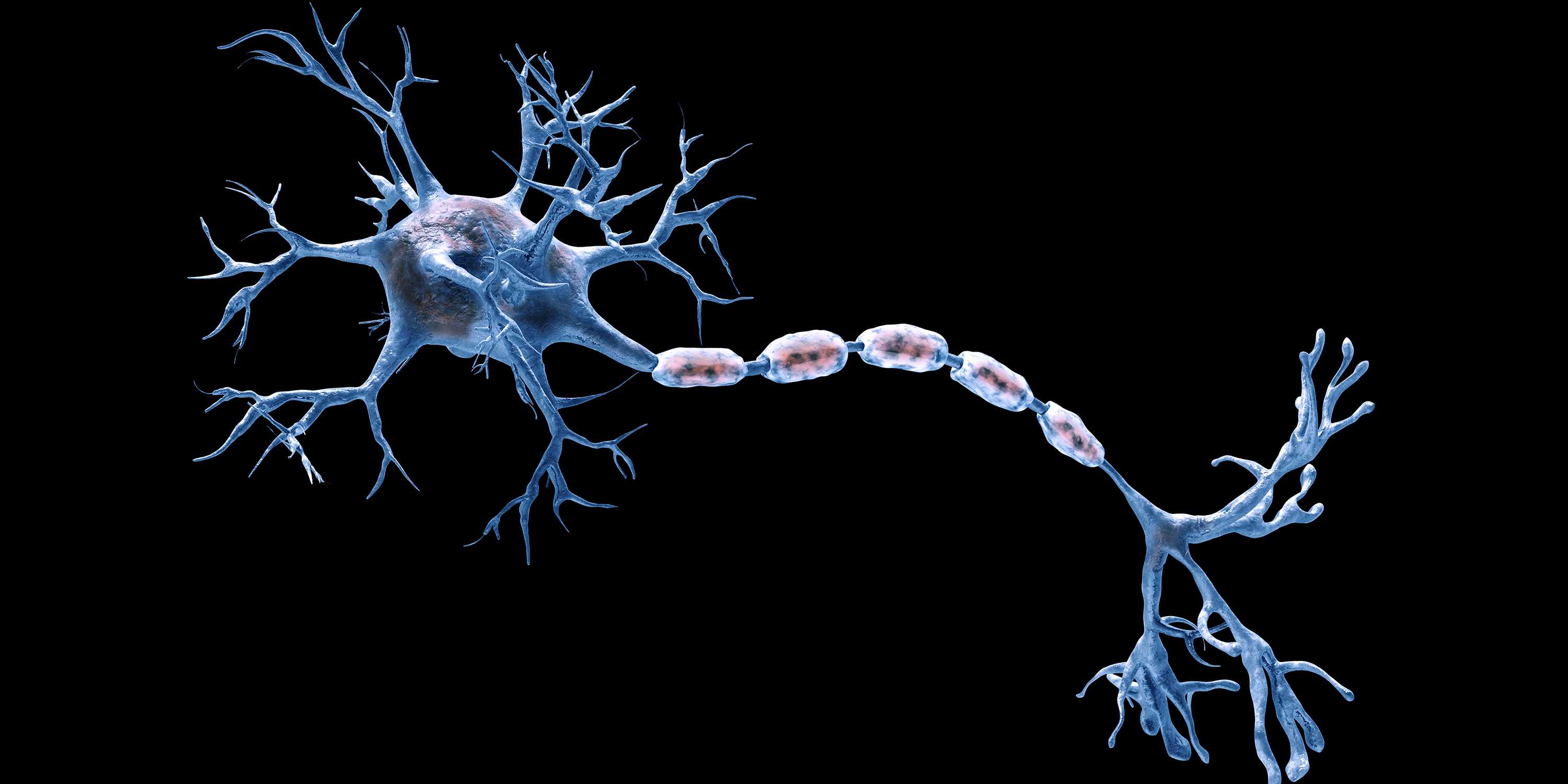Clarifying the cause of Guillain-Barré Syndrome
Guillain-Barré Syndrome is a rare condition in which a person’s immune system attacks the peripheral nerves. People affected suffer from muscle weakness and paralysis. A research team led by ETH Zurich has now clarified the mechanism of this autoimmune disease.

Patients with Guillain-Barré syndrome (GBS) face a rare and heterogeneous disorder of the peripheral nervous system that is often triggered by preceding infections and causes severe muscle weakness. In Europe and the USA, around 1 to 2 cases per 100,000 people occur every year.
GBS usually begins with weakness and tingling in the legs, which can then spread to the arms and upper body, making it difficult to walk or move. In severe cases, paralysis can affect the breathing muscles. Although GBS is considered an autoimmune disease, the underlying mechanisms remain largely unknown, making an accurate diagnosis and effective treatment a challenge.
A recent external pagestudycall_made led by Daniela Latorre, an SNSF PRIMA group leader at the Institute of Microbiology at ETH Zurich, and published in the renowned journal Nature, now uncovers a pivotal aspect of GBS pathophysiology. The work investigated autoimmune factors that are potentially responsible for this illness in close collaboration with clinical scientists at the University Hospital Zurich and the Neurocenter of Southern Switzerland (EOC) in Lugano.